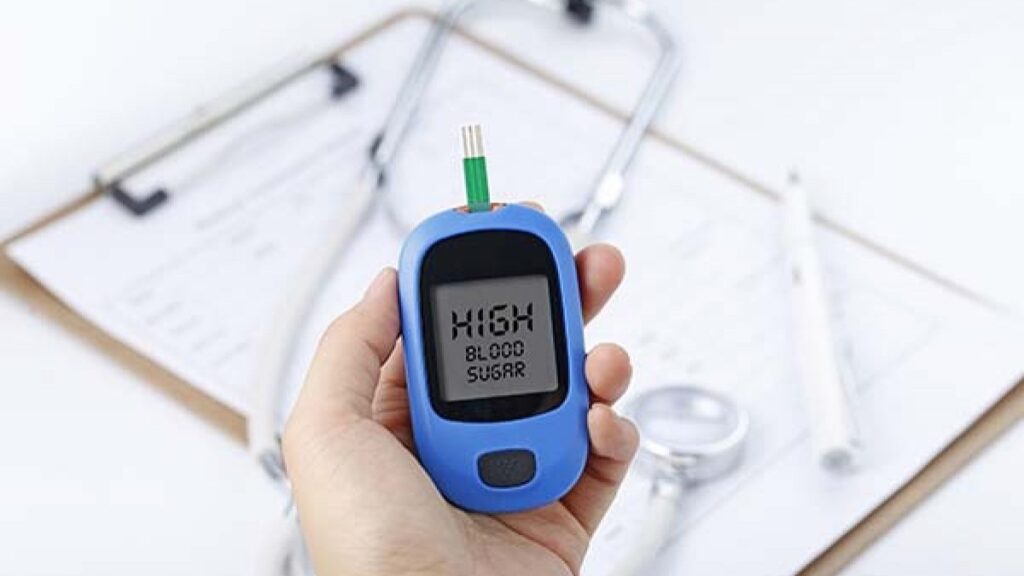High blood sugar, also known as hyperglycemia, can lead to various signs and symptoms. If you have diabetes or are at risk for diabetes, it’s important to be aware of these indicators, as uncontrolled high blood sugar levels can have serious health consequences. Some common signs of very high blood sugar include:
1. Frequent Urination:
Increased thirst and the need to urinate more often, including during the night, can be a sign of high blood sugar.
2. Excessive Thirst:
Unquenchable thirst, even after drinking fluids, is a common symptom of hyperglycemia.
3. Fatigue:
Feeling unusually tired or fatigued, even after getting adequate rest, can be a result of high blood sugar levels.
4. Blurry Vision:
High blood sugar can affect the shape of the eye’s lens, causing vision problems like blurred or hazy vision.
5. Increased Hunger:
You may feel very hungry, even shortly after eating a meal, when your blood sugar is elevated.
6. Unexplained Weight Loss:
Despite increased appetite, you might experience weight loss due to the body’s inability to use glucose effectively for energy.
7. Slow Wound Healing:
High blood sugar can impede the body’s ability to heal wounds and infections, making injuries or sores take longer to resolve.
8. Frequent Infections:
Hyperglycemia can weaken the immune system, leading to more frequent infections, such as urinary tract infections, skin infections, or gum disease.
9. Dry Skin:
Very high blood sugar levels can cause the skin to become dry and itchy.
10. Nausea and Vomiting:
Some individuals with severely elevated blood sugar may experience nausea and vomiting.
11. Difficulty Concentrating:
Difficulty focusing, mental fog, or trouble concentrating can be a neurological symptom of high blood sugar.
12. Shortness of Breath:
Rapid, shallow breathing or a sensation of shortness of breath can occur in some cases.
13. Sweet or Fruity Breath:
A distinct, sweet, fruity odor on the breath may indicate the presence of ketones, a sign of diabetic ketoacidosis (a severe complication of hyperglycemia).
It’s important to note that these symptoms can vary in severity, and not everyone will experience all of them. If you suspect that your blood sugar is very high or experience persistent symptoms, it’s essential to monitor your blood sugar levels, seek medical attention, and follow your healthcare provider’s recommendations. Uncontrolled high blood sugar is a serious concern, especially for individuals with diabetes, and can lead to long-term complications if not managed appropriately.
